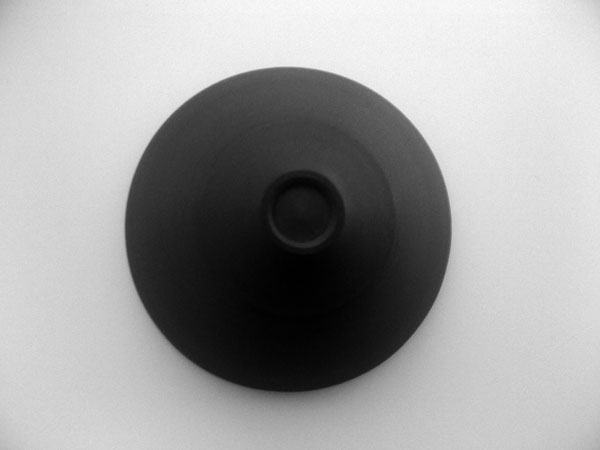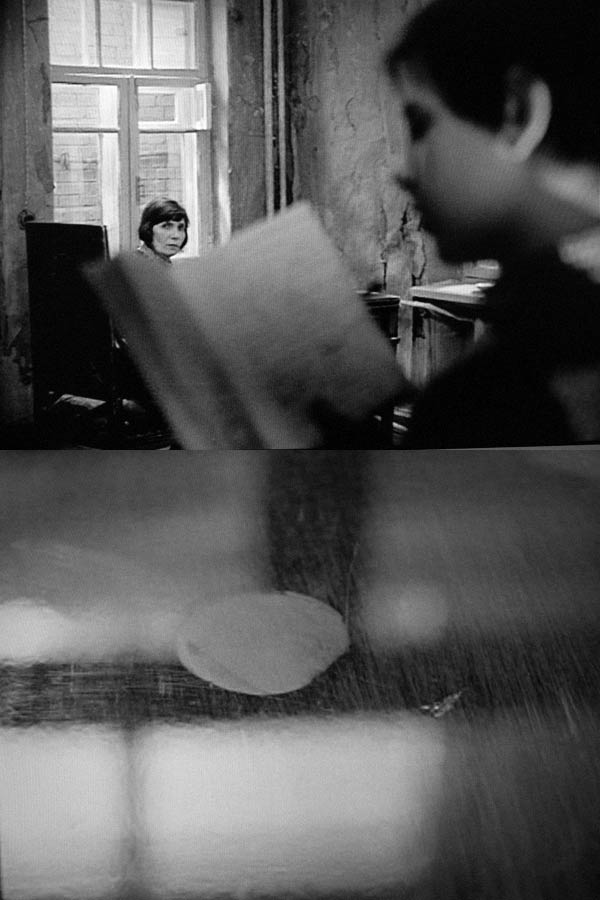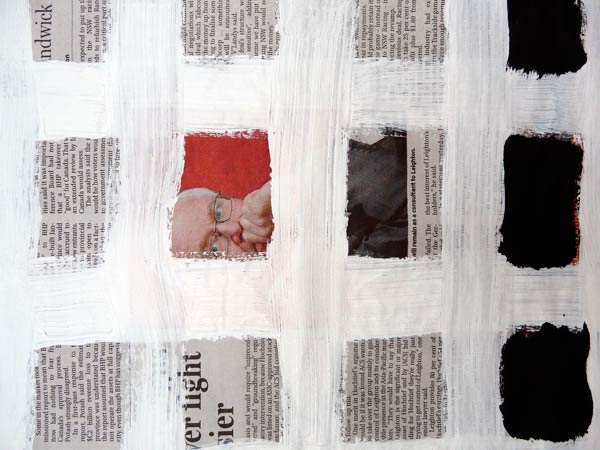Works: written (disappearing)

The beauty of emptiness
the beauty of emptiness / the slow seduction of small and aimless actions / the measureless depth of the faintest memory of almost nothing
GS October 2010
Bowl by Tetsuya Minoura, Tokyo, 2008
Image, GS

Things vanish
…the life force of music is materialised on the brink of its own total disappearance.
Andrei Tarkovsky, Sculpting in Time
Things disappear in many ways. A thing can be physically extracted from the landscape, like a suitcase stolen from the pavement while you pay the airport taxi. Or it can go of its own volition: a straying cat.
Things often leave the realm of our senses through our own intent. Choosing not to see, touch, hear or think about something is essentially the same as making it absent. Everything disappears from our field of vision as we walk from one room to another, down a familiar street, past unfamiliar faces in a crowd in a foreign city, and even if we, again, view the object or the face at another time, on another day, the exact appearance will never be the same as the one that went before.
In this way, disappearances are common, thousands of them happening to everyone everyday, but even when the transformation—the going from a state of ‘there’ to ‘not there’ happens as the most commonplace event, the gap between those two conditions can be beautiful, unforgettable, astonishing and pivotal.
In the Russian film, Mirror, directed by Andrei Tarkovsky, a boy, Ignat, is asked to read aloud from a notebook by a woman sipping tea at a polished table in an apartment. The boy reads to her for several minutes until the door bell rings. She asks Ignat to go and answer it. When he returns, alone, both woman and teacup have disappeared, and the only evidence of their having been real is the fast-evaporating circle of moisture left by a hot teacup on a varnished table.
What follows is an intense and transfixing moment. As the evaporating patch, in close-up, becomes smaller—accompanied by a spare choral arrangement with voices rising in pitch as the exact moment of disappearance is approached—I find myself at each viewing, completely taken up by this little sequence of film and sound; being hurtled towards the same point of nothingness, an exquisite, elusively precise point; one point between many others, the distance between them immeasureably reducing to a tiny spot that was reached on a varnished tabletop, on a film set, in front of a camera, in the USSR, in 1974.
GS October 2010
Film, The Mirror, Andrei Tarkovsky, 1975

More is less
as we become more alone in the world, the world becomes less private
GS October 2010
